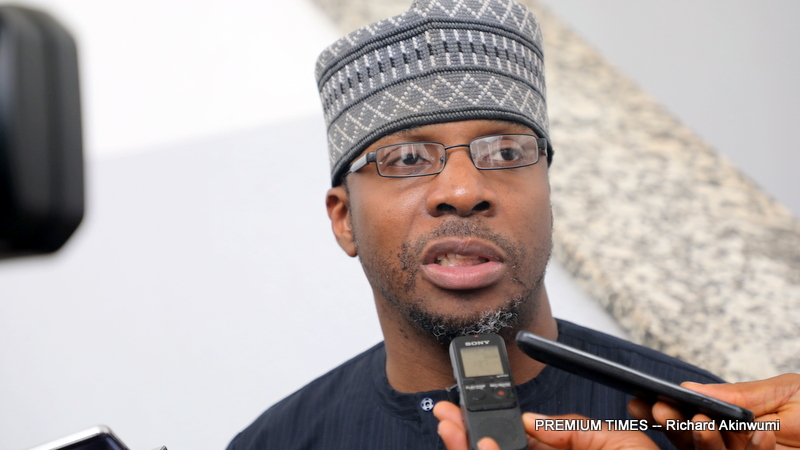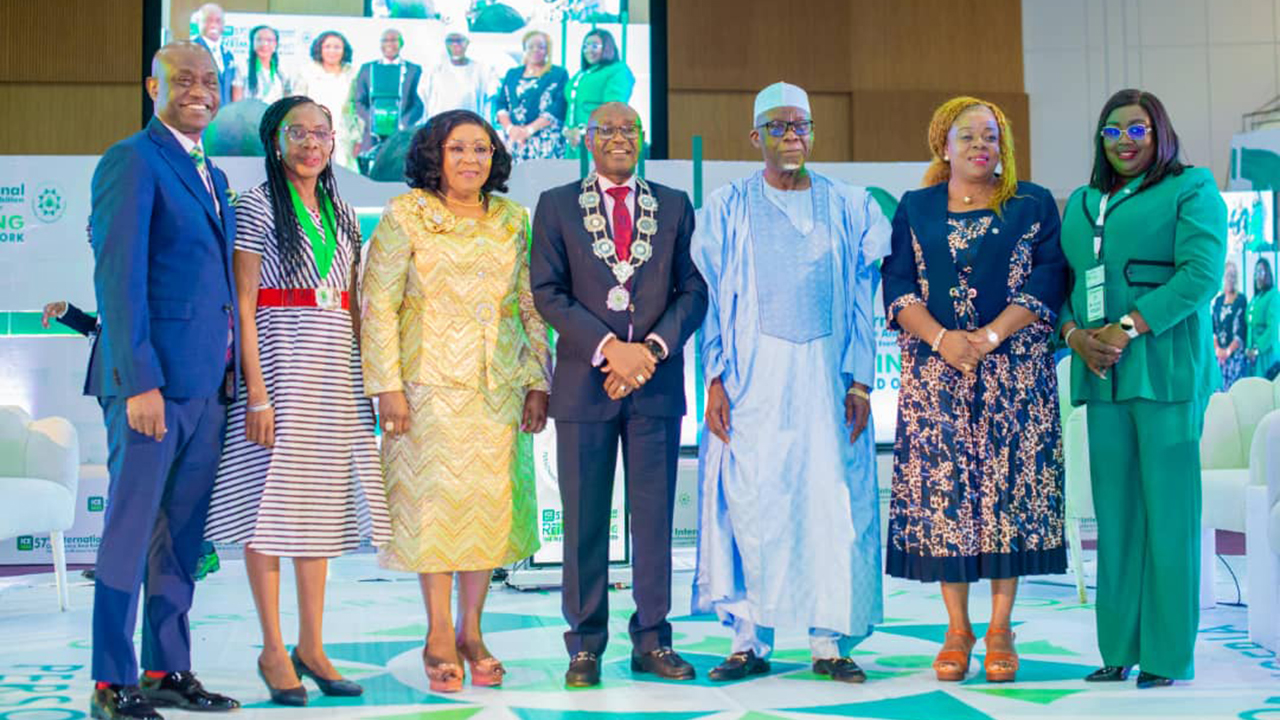The Group Chief Economist and Managing Director, Research and Trade Intelligence, Afreximbank, Dr. Yemi Kale, has called on the Federal Government to channel funds saved from the fuel subsidy removal into infrastructure.
Kale, who was speaking at a recent event in Abuja, on the topic: accountability for inclusive economic growth, also said it will be impossible for Nigeria to pull its over 100 million poor citizens out of poverty without accountability.
“Inclusive growth is not achieved by slogans or propaganda, it is achieved by the hard work of reforming institutions, enforcing rules and empowering citizens to ask questions and get answers,” he said.
Emphasising the need to build trust, he said, “I have advocated that part of the funds saved from subsidy removal should be earmarked for infrastructure, particularly transport and logistics, essentially locking it in by law.
“Embedding such commitment into the national budget is not just good economics, but it will build trust in the citizens, it shows that the government is accountable.
“Nigeria needs to imbibe the culture of accountability.
The only way Nigeria can pull its people out of poverty is to ensure that anti-poverty programmes reach the target by adopting accountability and transparency to ensure that every naira of social investment gets to the poor and does not evaporate on the way.
“If we say we have a social safety net or an empowerment fund, then a transparent beneficiary list, independent audit and community monitoring should guarantee that those resources hit their mark.”
Kale, who stressed the importance of accountability in building inclusive economic growth and development, noted that accountability is the cornerstone of lasting success, whether for individuals, institutions, or nations.
He said it creates a culture where goals are not only set, but achieved, and promises translate to measurable results.
“Accountability is the backbone of inclusive economic growth.
Without accountability, even the best reforms or policies can falter,” he said, adding, “Countries that imbibe accountability tend to grow faster, they attract more investments, and they tend to reduce poverty more decisively.”
He also suggested that every major infrastructural project should be accompanied by clear transparency measures, like a public dashboard on progress and spending, and avenues for citizens or the media to ask questions.
He advised that civil society organizations and the media should not be seen as adversaries but as partners who amplify the voices of the people on issues.
“We should protect whistle blowers and activists who courageously demand accountability,” he noted.






